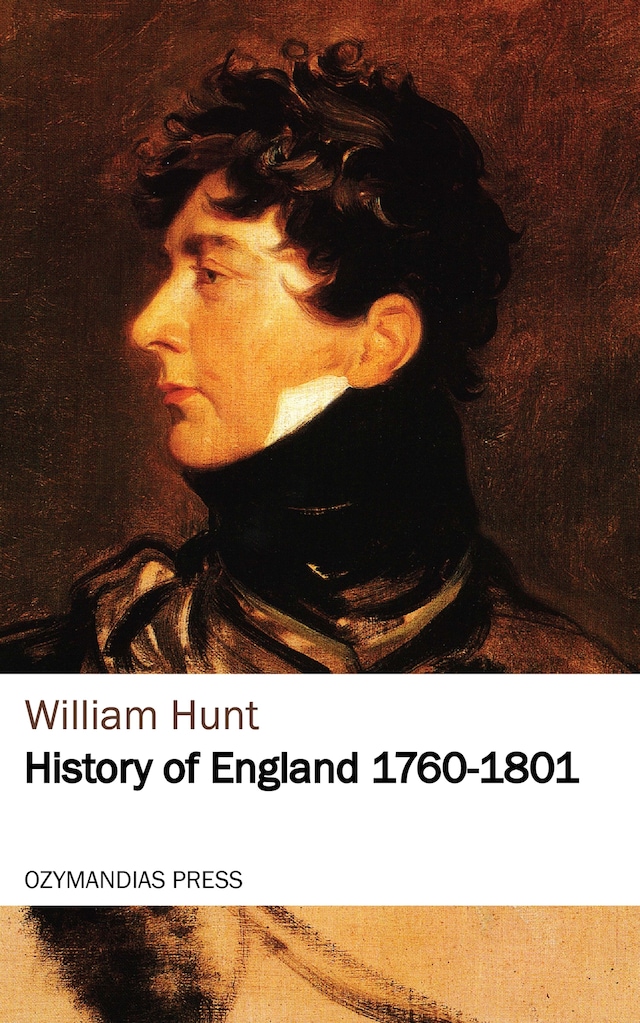
History of England 1760 - 1801
Description of book
George III. was in his twenty-third year when he succeeded his grandfather, George II., on October 25, 1760. His accession caused general satisfaction. The jacobite schism had come to an end; no one imagined that a restoration of the exiled house was possible, or seriously wished that it might take place. The remembrance of the rising of '45 strengthened the general feeling of loyalty to the reigning house; the Old Pretender had lost all interest in public affairs, and his son, Charles Edward, was a confirmed drunkard, and had alienated his friends by his disreputable life. Englishmen were determined not to have another Roman catholic king, and they were too proud of their country willingly to accept as their king a prince who was virtually a foreigner as well as a papist, and whose cause had in past years been maintained by the enemies of England. It is true that their last two kings had been foreigners, but this was so no longer; their new king had been born and brought up among them and was an Englishman to the backbone. He succeeded an old king of coarse manners and conversation and of openly immoral life, and his youth and the respectability of his morals added to the pleasure with which his people greeted him as a sovereign of their own nation.
 William Hunt
William Hunt 581 Pages
581 Pages